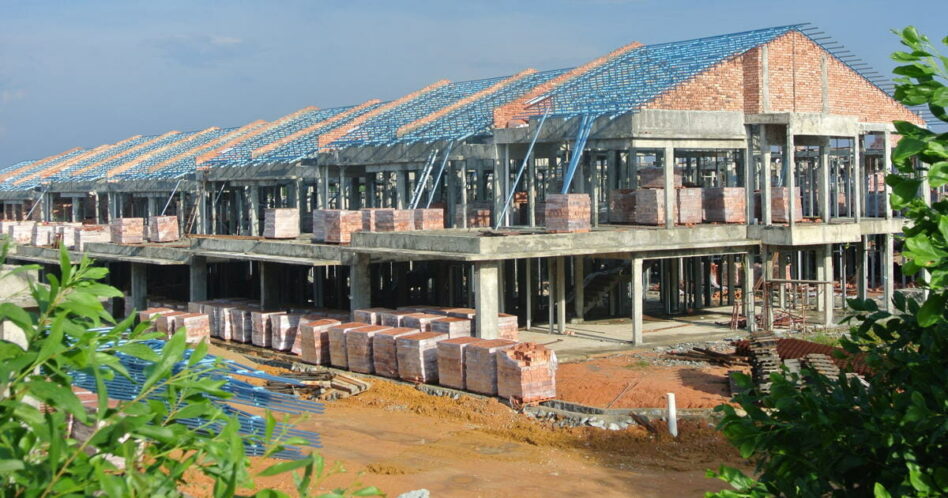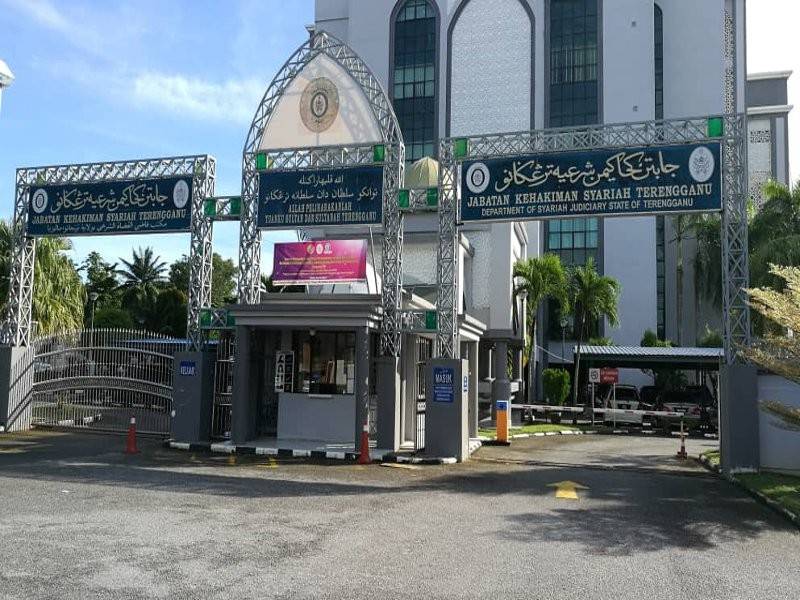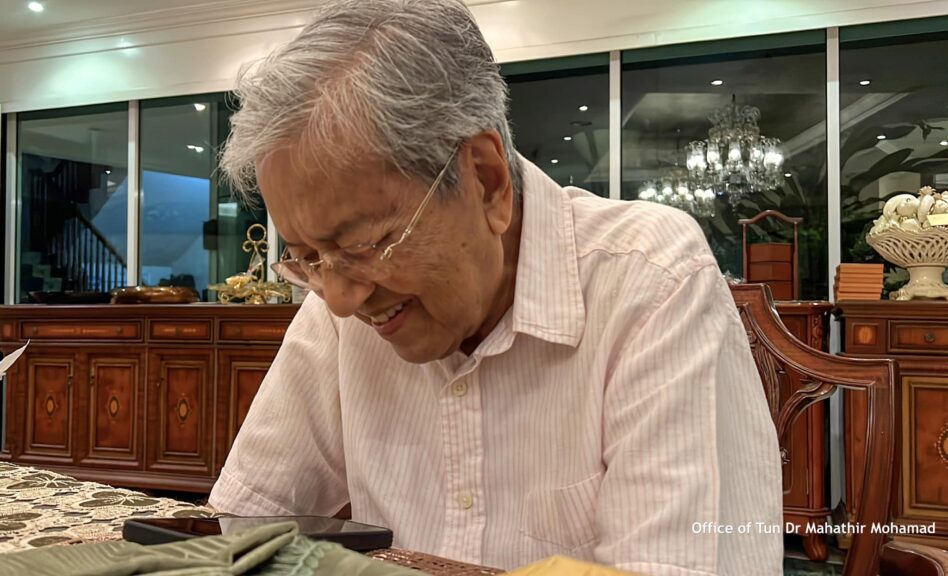By Jamari Mohtar
THE damning expose of the domestic halal meat industry revolving around systemic and institutional corruption by a cartel comprising foreign exporters with the alleged connivance of four government agencies is a provocative reminder how entrenched such a culture is in Malaysia.
What’s truly shocking is the corruption not only involves routine or your typical bureaucratic procedures but the Islamic core injunction of halal food, particularly with regards to the prescribed ritual slaughter of meat for consumption by Muslims according to the fundamental tenets of the faith, and to boot violated presumably by government officers who are themselves Muslims.
A double transgression in which the corruptions and the trickery resulting in Muslims being unaware they were consuming non-halal meat are both strongly prohibited by Islam. What’s more, the cartel had been active for forty years.
Since the 1970s, Malaysia has successfully transformed its halal industry into one of the most established and trusted halal certifications globally.
Along the way, the country has also managed to develop a comprehensive halal food and beverage industry and supply chain, while aggressively taking steps to expand to other sectors, such as travel, cosmetics and financing.
The export value of Malaysian halal products almost tripled in seven years, from RM15.2 bil in 2010 to RM43.3 bil in 2017, contributing about 7.5% of its gross domestic product (GDP) in 2017.
Despite the projected increase in the Muslim population to 30% of the world population by 2050, which is one of the driving factors for the expansion of the industry, the expose on this unholy cartel is indeed a setback to the booming halal industry in Malaysia that does not augur well for the industry here.
Apart from the reactive need to fortify the Malaysian Anti-Corruption Commission (MACC) with more resources, and the Ministry of Agriculture and Food Industry (Mafi) to increase its governance on the issuance of approval permit (AP) for meat importers into Malaysia, given corruption is now a way of life in Malaysia, there is a pressing and proactive need to be ahead of the curve in order to prevent such incident from recurring again.
One proactive measure that should be implemented immediately is for the issuing authorities – in this case, Mafi (for issuing the AP) and the Department of Islamic Development (Jakim) for halal certification – to go the blockchain route.
Blockchain technology is a disruptive technology and part of the fourth industrial revolution, which is expected to change the way we work and live. Also known as distributed ledger technology (DLT), it will disrupt too all the devious and cunning strategies of the cartel to achieve their fraudulent objective.
Through smart contracts, DLT could digitally prescribe processes and requirements according to a halal standard, verify halal compliance and enforce the performance of halal supply chains.
Because blockchain is a decentralised system that exists between all permitted parties, there’s no need to pay intermediaries (middlemen) and it saves you time and conflict. Although DLT has its problems, it is undeniably faster, cheaper and more secure than traditional systems, which is why banks and governments are turning to them.
When someone requests a transaction, the request is broadcasted to a peer-to-peer (P2P) network consisting of computers, also known as nodes, which validate the transaction and the user’s status using known algorithms.
Once verified, the transaction is combined with other similar previous transactions to create a new block of data for the ledger, which is then added to the existing blockchain, in a way that is permanent and unalterable. The transaction is now complete while waiting for another transaction.
As an encrypted ledger database, blockchain is almost impossible to hack, making its records or blocks permanently verifiable. As a decentralised system with no single owner, any retroactive changes to a record must be verified by the majority of potentially thousands of “nodes” or members in a chain.
Through blockchain technology, a halal network timestamps transactions by hashing them into an ongoing chain of hash-based proof-of-work, forming a record that cannot be changed without redoing the proof-of-work. It is not stored centrally but distributed on many servers throughout the world as cryptographic proof.
The blockchain has complete information about the addresses and their supply chain path right from the source to the point of consumer purchase, giving the much-needed assurance for Muslims that the “halal-ness” of the food on their table can be traced back through all the locations of the halal supply chains that began with the original halal farm or livestock farm, including the identity of the farmers or livestock breeders.
A halal blockchain could provide full transparency of all halal supply chain transactions that have ever been executed as blockchains inject trust into a halal supply chain and value chain of a brand owner who would be better able to guarantee halal integrity.
They could also be integrated into wide sustainability and corporate responsibility systems to extend the brand market beyond Muslim consumers.
One of the most significant real-world applications of blockchain is data provenance – the documentation of where a piece of data comes from and the processes and methodology by which it was produced. It creates a single, secure chain of custody timeline, designed to be tamper-proof.
The system can be used to provide customers with a ‘story’ about each product, covering materials, locations, processes, ingredients and suppliers, and enables businesses to substantiate claims about their products using real-time data.
With such a system, provenance tracking of where each piece of data comes from and whether it is still up-to-date becomes a breeze.
It is high time Mafi adopts this system in the issuance of its AP for exporters to bring in imported halal meat into the country and rope in other government agencies such as the Royal Malaysian Customs Department, the port police, the Ministry of Domestic Trade & Consumer Affairs, and Jakim to be part of the network in this system of provenance based on blockchain technology.
Jamari Mohtar is Director of Media & Communications at EMIR Research, an independent think-tank focused on strategic policy recommendations based upon rigorous research.
The views expressed are solely of the author and do not necessarily reflect those of Focus Malaysia.










